Sewer Information
Sewer System
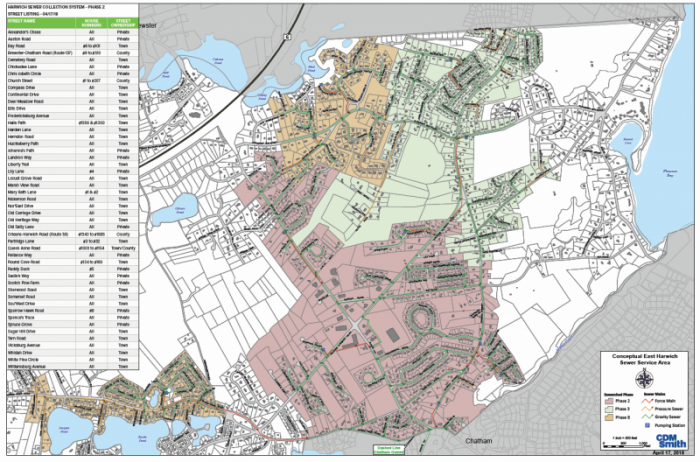
To view the complete Comprehensive Wastewater Management Plan (CWMP)/ Single Environmental Impact Report, please click here.
Water Department: Sewer Use Regulations
Board of Health: Sewer Connection Regulation
Loan Programs for Sewer Connections: Cape Cod AquiFund- Barnstable County
I need to figure out where I want my sewer connection to be, how do I do that?
The first step is locating where your existing septic system is and where the pipe exits your foundation. The Health Department has scanned and uploaded all septic site plans and as-builts available to this website: http://www.harwichwater.com/
Just click on the link for Septic plan. You can also find where your water service enters your house at this website too.
If you cannot find your address listed, please contact us at health@harwich-ma.gov. Unfortunately, there are a handful of properties that we do not have records for. If you would rather call or visit our office, we are happy to help.

I just recently installed a new septic system, will I still have to connect?
Yes, connection to the sewer system is mandatory, however the Board of Health has a policy to allow extensions based on the age of the septic system. The Board of Health will review each situation on a case by case basis to determine the granting of extensions. Extension requests can be made once the order to connect has been issued. Apply online here.
My septic system needs to be replaced, what are my options?
The Board of Health will review the situation on a case-by case basis taking into account the reason why the system needs to be replaced and the period of time before the sewer will be available to serve the location.
I am planning on selling my home before the sewer is ready to be connected to and I have a cesspool. Do I have to install a new Title 5 system now and be forced to abandon it in a few years?
We don't want to see new Title 5 systems being installed in Phase 2 or Phase 3, so we have developed a waiver to allow for the continued use of cesspools and failed septic systems. Certain conditions apply, such as the existing condition of the cesspool and an agreement to connect to the sewer as soon as it is available. Please contact the Health Department for more information on this.
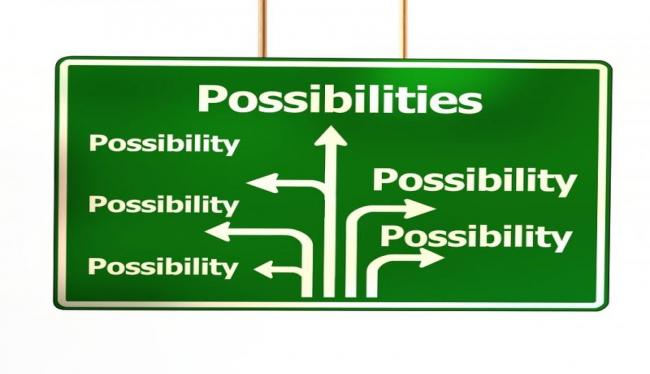
Once I connect to the sewer, what happens to my septic system?
The existing septic system can be abandoned in place or removed by a licensed installer. Abandoning the system typically involves pumping the tank and other components dry, crushing the concrete and filling it with sand to avoid settling or sink holes in the future.
How will I know when I have to connect?
After the sewer mains are placed in the street and the system is ready to receive sewage (connection has been made to the Chatham Treatment Plant), the Board of Health will send a letter to the homeowner indicating that it is time to connect. A time frame of two years will be given to property owners to connect to the system, possibly more depending on certain variables such as availability of contractors, etc.
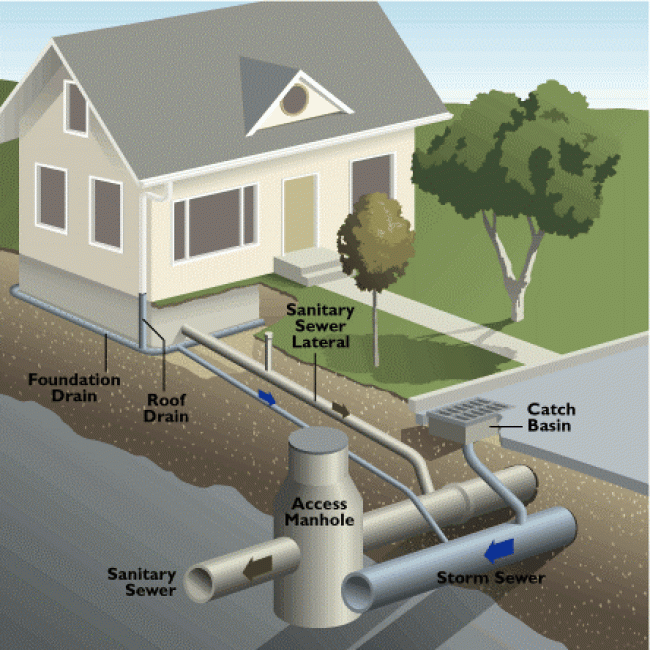
Can I hire anyone I want to design and install my sewer connection?
You can hire any Engineer that is licensed by the Commonwealth of Massachusetts to design the sewer connection. We will provide a list of Licensed Utility Installers (LUI's) who will be able to install the line and abandon the existing septic system as soon as possible. LUI’s will be licensed through either the Sewer Commissioner or the Board of Health and many currently licensed septic installers will likely apply to be LUI’s.

How long does it take to make the connection? Will I be able to use my house while construction is going on?
When the time comes to connect your home to the sewer system, the Licensed Utility Installer will dig a trench to install your sewer line from the street to your house. The existing plumbing will be disconnected from the septic system and re-connected to the new sewer line. Once the new connection is made, your existing septic system will be abandoned. This work can typically be done in one day, with an interruption of service of a few hours or less. You do not need to shut the water main off during the connection, however there will be a short period of time when the installer will ask that you do not use any water (toilets, sinks, washing machines, etc.) so they can re-connect your plumbing properly. 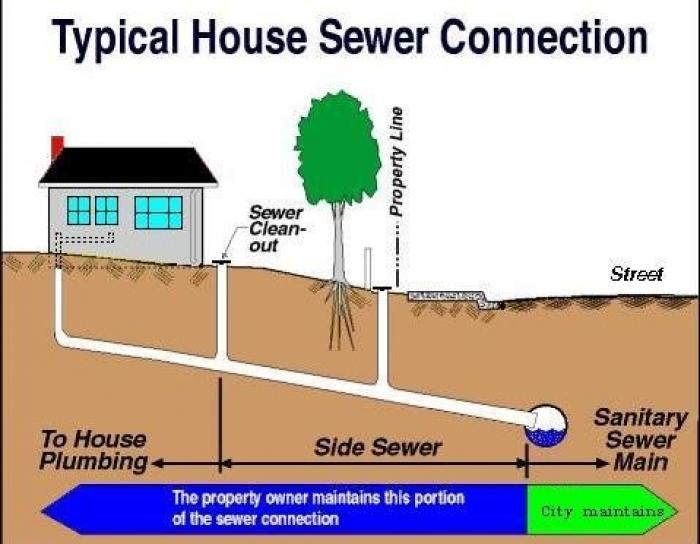
I have a two bedroom house now, can I add bedrooms once I connect to the sewer system?
All of the properties connecting to the sewer in Phase II are located in a water recharge area, the Zone II rule of 1 bedroom per 10,000 square feet of property will not change. Connecting to the sewer will not allow for increases beyond what the current zoning and Title 5 regulations allow. The sewer system is designed for a maximum number of gallons per day to be piped to the treatment plant in Chatham, this number is based on current zoning and build-out parameters (flow neutral). No plans are in place to allow for increased density at this time.
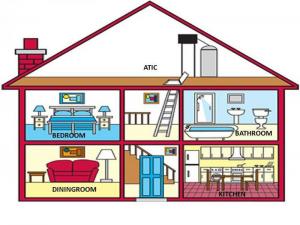
I can’t afford this, what are my options?
Barnstable County offers a low interest-long term loan program for this type of work, including the engineering and design work. Also, many banks will also have different lending options such as home equity loans. The Town is actively researching other options such as grants, zero interest loans etc. that may become available. However, connecting to the sewer system is mandatory, and the Board of Health and Board of Selectmen have the authority to enforce the regulations. Non-compliant properties will be subject to fines and/or other legal action if necessary. It is important to start budgeting for this sooner rather than later.
Cape Cod Aquifund Loan Program

What is the normal construction sequence for this type of project?
Construction is anticipated to occur over a two year period. That should allow time for potential weather impacts during the winter and for potential work restrictions that may be placed on certain areas during the peak summer tourist periods. Street detours and/or one-way traffic passage can be expected at certain times. Emergency vehicle access will always be maintained. Once a general contractor is selected through a competitive bidding process they will start with installing the main gravity flow pipes typically located in the middle of the streets, starting from the low end of the system and working upstream. Once that pipe is installed and backfilled they will come back and install the connections from the sewer over to the property line to provide a future connection to each parcel. Those two types of pipes are the deepest beneath the road surface. Pressure pipes and pumping stations will be done after that work is complete. Trenches are backfilled daily and temporary paving done on a regular basis. After trenches have been compacted and paved a final overlay of the full road width will be done at the end of the project.

Will the town be utilizing the Clean Water Trust State Revolving Fund (SRF) loan program to fund the construction program?
Yes, the town authorized the construction funds at the spring 2018 Annual Town Meeting. A Project Evaluation Form (PEF) was already filed by CDM Smith on behalf of the town with the Clean Water Trust. Based on review of the PEF, this project received the highest ranking in this competitive loan process. The interest rate will be between zero and two percent for the construction
program loan.
How much of the landscape around my home will be disrupted by the sewer service connection, and will it vary depending on type of connection?
The amount of landscaping that will be disrupted will vary greatly for each property depending on the location of the waste pipe as it exits the house, the location and extent of the landscaping and the location of the service connection to the main town sewer pipe at the property line. Property owners may be able to minimize the disruption by carefully selecting the location of the sewer service stub to be installed by the town at the property line. Revising internal plumbing to relocate the waste pipe as it leaves the building may also help minimize this impact. Gravity pipe connections (6-in diameter) require a deeper trench during construction than a pressure pipe (1 ¼- to 1 ½-in diameter) from a grinder pump connection. Both must be deep enough to prevent any freezing.
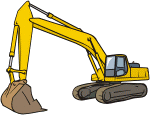
How will I get information during the construction phase?
Several methods of communicating during the construction phase are being discussed. They include regular updates on the town website, regular updates in the local newspaper, electronic message boards in the work areas and updates posted on cable to name a few. It will be important for several reasons to make sure those involved and those who live in the Pleasant Bay area are informed about the construction activities. The town is also discussing who will be part of the team of resources available for answering questions, performing inspections and resolving issues that may arise. CDM Smith will also have experienced representatives in the field during construction helping to monitor the general contractor’s work and to coordinate with local residents and business owners.
For more information, please see the Waste Water Support Committee.

